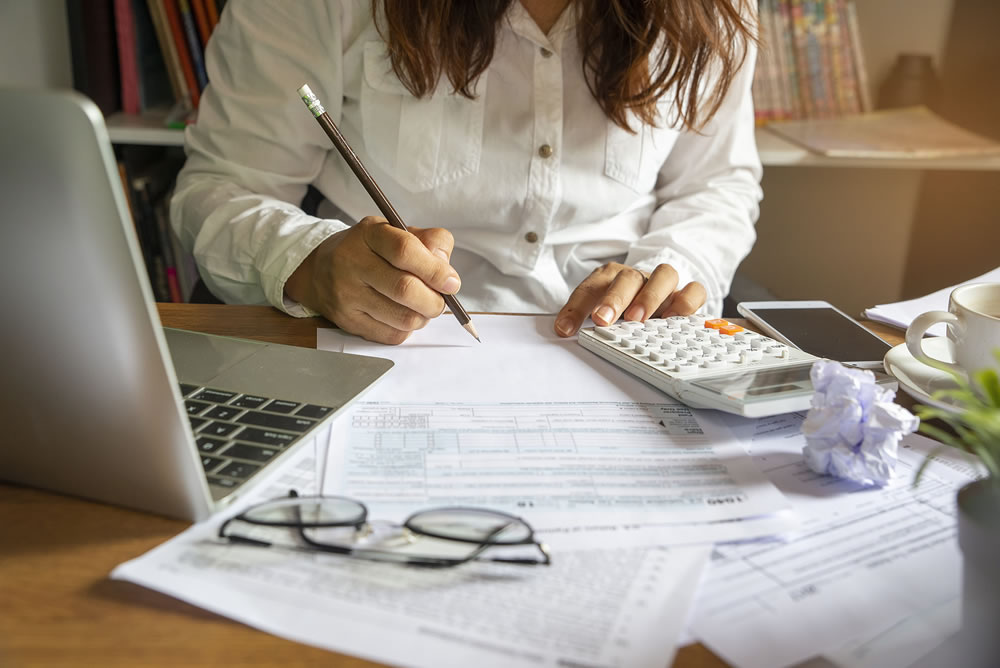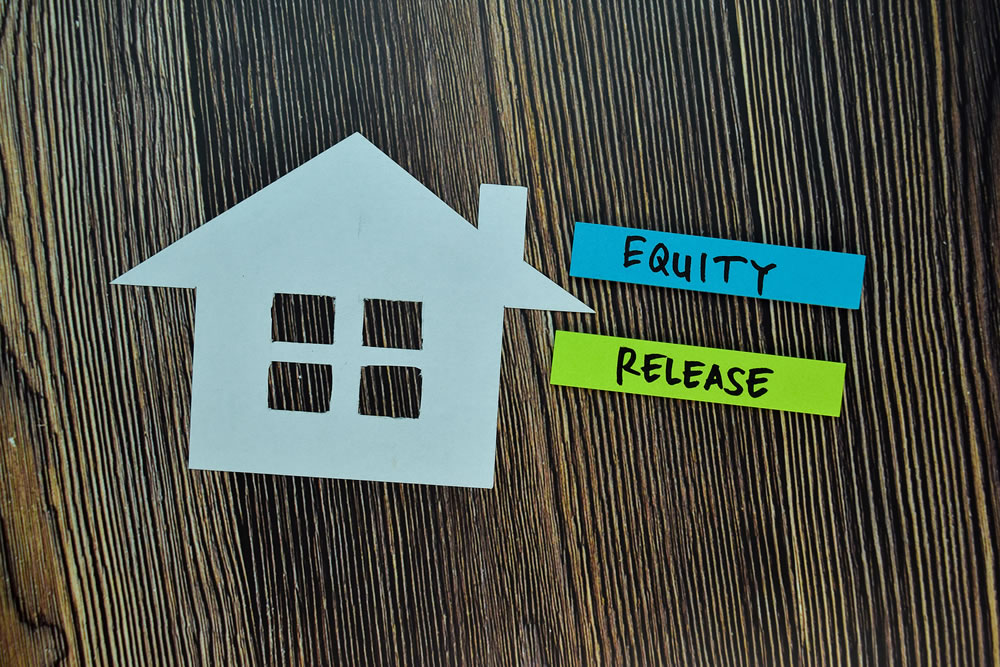From private jet travel and five-star getaways to lavish champagne dinners, the high life is certainly easy to get used to – and as long as your wealth continues to grow, there’s no reason to consider giving it up. In fact, with the right plan in place, you can retire early and do even more of it, making the most of your latter years and truly getting to understand what it means to live life to the full.
Retirement planning can help you to prepare for life after paid work ends or for when you decide to step away from your business, and will help you to get things in order ahead of the big day – not just financially, but in all aspects of life. This can include everything from how you want to spend your time in retirement and where to live, to when exactly to make the move.
Where you start will of course depend on where you are now; early in a person’s working life, retirement planning is about setting aside enough money for retirement, while towards the middle of your career, it may also include setting specific income or asset targets and putting the necessary measures in place to help you achieve them.
To set yourself up for a prosperous future long into your golden years, there are a few things to consider in terms of your financial affairs, and from private pensions to equity release, these are just some of them.
Create a budget and put money away accordingly

So, how much exactly do you need to retire comfortably? It depends how lavish a lifestyle you intend to live – but as a general rule of thumb, you’ll want to aim for around 80 per cent of your annual income for each year of retirement. So, if you’re currently making £1 million a year, then you’ll want to aim for around £800,000 per year for approximately 20 years – or longer, if you intend to retire early. The best FIRE books (Financial Independence Retire Early) will help you with these calculations.
To work out a more accurate estimation of how much money you’ll need each year, track your current annual spending for a couple of years and decide from here whether you’re willing to make any sacrifices or if, in fact, you plan to do more once you retire. For example, if you plan to purchase a second home in the sun or take multiple luxury holidays a year, then calculate the additional cost – from here, you’ll know just how much you should be putting away each month between now and then.
Build an emergency fund

Saving at least three to six months’ worth of cash into an emergency fund should be your first priority and will enable you easy access to cash should you need it. This will allow you to dip in and out as necessary without tapping into your retirement fund, which could incur an early withdrawal penalty should an unexpected life event occur.
Look for high-interest ISAs to maximise your money and avoid any unnecessary set-up fees. They might not be the best way to grow your money, and even before you retire, it might be tempting to pour all your funds into your private pension and investment portfolio – but the ability to quickly withdraw at least some of your cash as and when you need it is essential.
Consider equity release

Equity release can be a good idea for those looking to gain some extra liquidity in retirement, and allows you to release some cash from your home without having to move. There are two main types; the lifetime mortgage, and the home reversion plan. The former allows you to borrow money secured against your home that will later be repaid from the sale of your home when you pass, while the latter enables you to raise money by selling all, or part of your home while continuing to live in it for the rest of your life.
A useful consideration that can help fund home improvements, pay for the cost of care or pay off debt, as well as helping other family members financially, it does come with some risks, but it’s certainly worth looking into. You can use an online calculator to calculate how much equity you can release, then consult with a financial advisor to discuss the next steps if you wish to proceed.
Disclaimer: Investing money carries risk, do so at your own risk and we advise people to never invest more money than they can afford to lose and to seek professional advice before doing so.






















